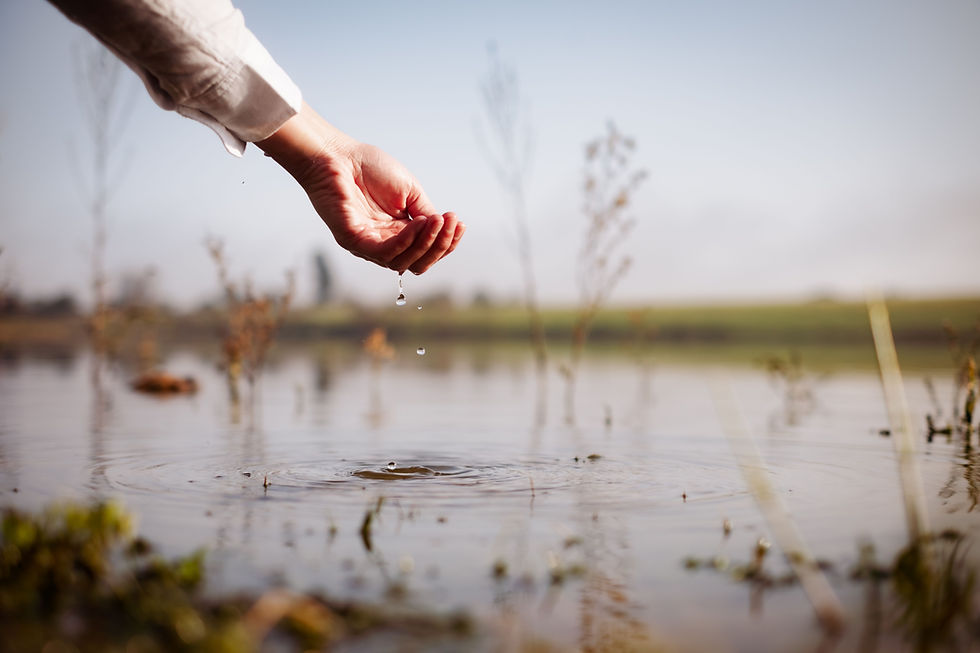NEDERBURG SAVES WATER
- chrisg008
- Nov 4, 2025
- 2 min read
Owned by Heineken Beverages, Nederburg has created its own closed-loop vineyard and irrigation water supply, reducing its reliance on the municipal water grid. The result has been an annual saving of 45 000 cubic metres of water, higher grape yields and improved fruit quality. The trademarked technology used by Nederburg is an essential tool in meeting the goal of achieving carbon neutrality.
Essentially, the biological wastewater treatment involves a release of 43 specifically sequenced bacteria strains into the cellar’s effluent water. The microbial mix breaks down particulate organic matter and other inorganic matter, absorbing dissolved organic matter and inorganic forms of nitrogen and phosphorus present in the water. The system continuously recalibrates the concentration of the biological mix to cope with the fluctuating concentration of particulate matter in the water. It treats and cleans this to safety grade drinking water standards and the treated water is used for vineyard and homestead garden irrigation. There has been a positive impact on the health of the farm’s soils, structure and water-holding capacity.
To accelerate carbon sequestration and advance soil life through micro-organisms, biochar, the charcoal produced from plant matter, has been generated. When used as a soil additive, it removes carbon dioxide from the atmosphere and creates an environment conducive to boosting microbial populations. At the same time, soil structure is built, soil acidity is reduced and the soil is decontaminated.
An important feature of biochar is that it is carbon negative, and remains in a stable form in the soil, storing carbon for hundreds of years. The biochar produced at Nederburg is mixed with compost derived from grape skins, stems, pips and other organic waste on the farm, together with recycled water. The mix is then inoculated with nutrients and beneficial organisms.
Nederburg has been a WWF conservation champion since 2020 and has made water management a central feature of its sustainability practices.



%20(002).jpg)




.jpg)

.jpg)







.jpg)








































































Comments